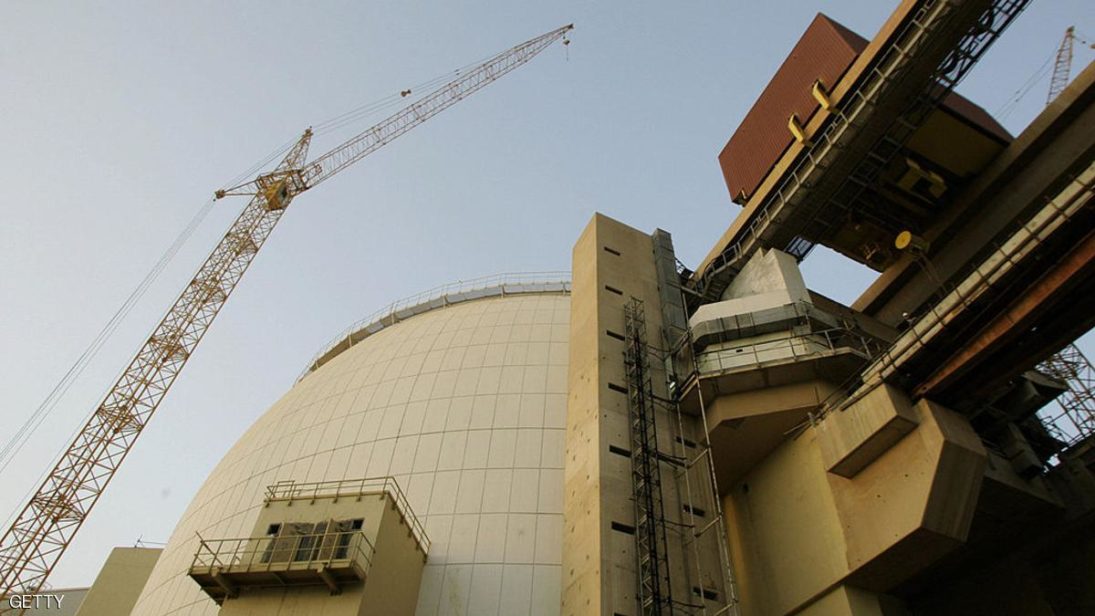
If you press a spring hard, it bounces back with equal but opposite force. Such is the case with the current U.S.-Iran relationship. The harder the U.S. presses Iran, the harder Iran reacts in pursuit of its nuclear weapons program. In a situation like this, a possible solution is to change the direction of the force exerted. The most challenging question for policy makers is what measures should be taken to prevent Iran from going nuclear. To find an agreement, both Iran and the U.S. need to sacrifice a little to gain more.
If current U.S.-Iran negotiations fail, “Plan B” should be to increase cooperation with Iran and to extend talks for few months until a verifiable consensus is achieved. Through negotiations, the Iranian leadership can be deterred from acquiring breakout capability in the foreseeable future.
Rather than rushing toward military strikes, the U.S. should extend the interim agreement to keep up negotiations. P5+1 countries should keep Iran engaged during these negotiations and avoid confrontational rhetoric. A cooperative tone and unremitting efforts to reach a fully verifiable agreement, in which Iran accepts the full inspection of enrichment facilities by the International Atomic Energy Agency (IAEA), is the best course. Iran has already shown an inclination to ship 28,000 pounds of enriched uranium to Russia to convert it into nuclear fuel that can be used for civilian usage. This will defer Iran’s nuclear breakout capacity.
Why are protracted negotiations and a negotiated solution the best approach? Because every other option leads us to a disastrous future.
First, limited air strikes on known Iranian nuclear facilities will not end the game; rather, they will give birth to an unpredictable future. Failed airstrikes on hidden nuclear sites leave no other options for Iran than to acquiring a nuclear weapon.
Secondly, we don’t know if the enemy is a rat or a rattlesnake. With little knowledge about Iran’s hidden nuclear sites and no confirmation regarding nuclear status, it would be highly risky to launch a military operation that may demolish only parts of Iran’s nuclear facilities but would be unable to destroy the whole program. After this, Iran would rebuild its nuclear program more aggressively. In a scenario such as this one, unable to retaliate with conventional forces, Iran could resort to promoting sub-conventional warfare targeting the U.S., Israel, and Saudi Arabia. This would leave even less room for diplomatic engagement between the U.S. and Iran.
Thirdly, Israeli Prime Minister Netanyahu’s demand to ban all kinds of uranium enrichment, including low enrichment facilities, is just wishful thinking. Israel’s concerns about regional political structure are understandable, but its aggressive reaction risks sabotaging the possibilities of a nuclear deal. Under the Non-Proliferation Treaty (NPT), low enrichment uranium for peaceful nuclear energy is Iran’s legal right.
Finally, containment through sanctions is becoming problematic because the imposition of more sanctions further provokes a counter-reaction instead of getting Iran to give up its nuclear program. In addition, the sanctions regime will break down if the U.S. walks away from an agreement that the rest of the P-5+1 is willing to support.
In addition to redoubling efforts for a negotiated settlement, the U.S. should strengthen secular and liberal parts of Iranian society to support a change in regime policy from within society. Iran has seen domestic strife in recent years due to poverty, unemployment, and political suppression. However, as compared to Saudi Arabia and other Middle Eastern countries, Iran is a relatively modern society with a strong science and technology culture. Large proportions of the Iranian population want to be westernized as they were in the pre-revolution period. Iran cannot afford to stay isolated from rest of the world. It is in the Iranian interest to accept offers of reconciliation to establish equal terms with the West.
Covert operations like cyber attacks on Iran’s enrichment facilities by the CIA, the assassination of Iranian nuclear scientists by Mossad, and the imposition of additional economic sanctions by Congress are counterproductive. Use of military force will not solve the problem either. Even if the U.S. adopts a policy of limited strikes, it would have to come to negotiations eventually, as is evident from the Iraq and Afghanistan experiences. A trusted Iran would be less of a threat than an invaded Iran. It is an opportunity for the U.S. to revise its foreign policy and to give another chance for peace to prevail. This would not only be a success of U.S. foreign policy, but also a great step toward a more peaceful world.
***
Image: Behrouz Mehri-AFP, Getty